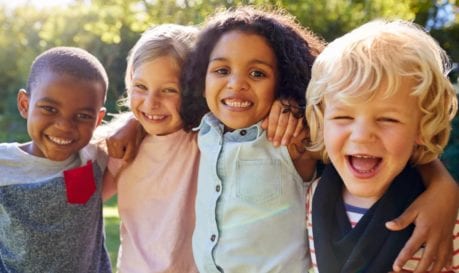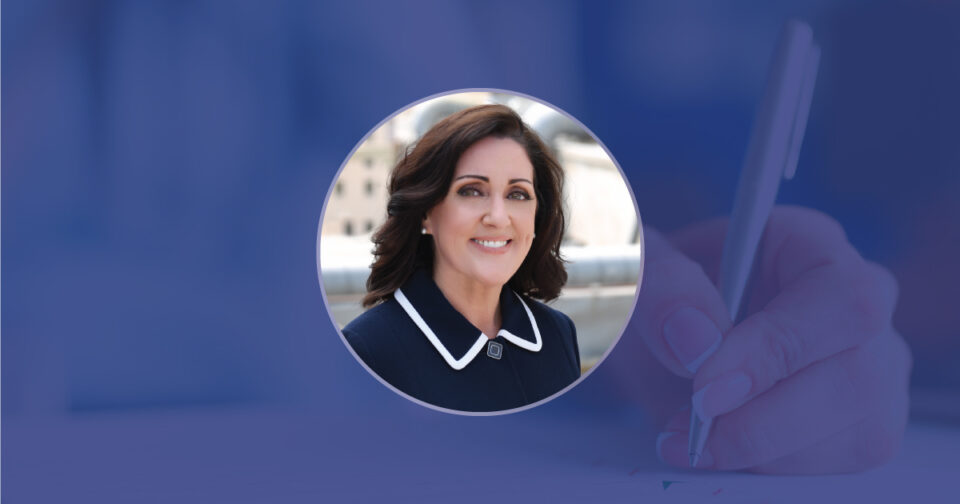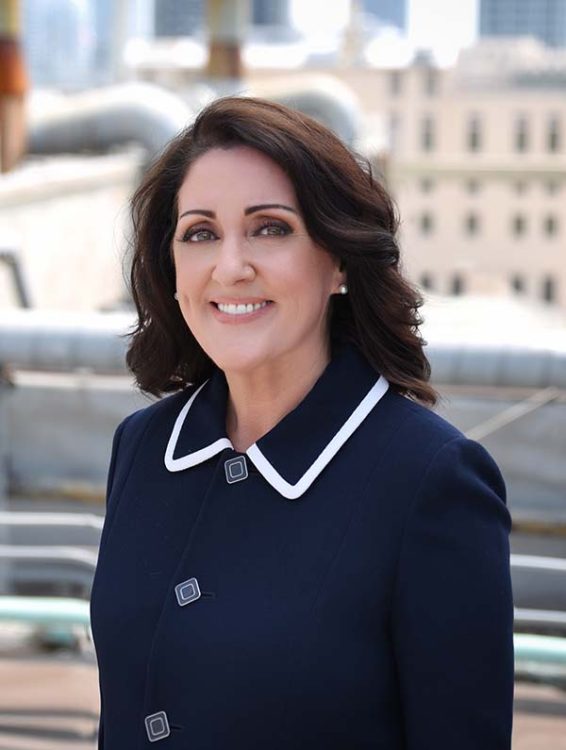Last updated:
 It’s a free country. As children, we learn it in grammar school. As adults, we are accustomed to going where we want and doing what we choose, as long as we don’t venture outside the limits of the law. It is this long-held notion of individual liberty—indelibly imprinted into the collective American psyche—that makes today’s admonition to “stay at home” difficult for so many. We’re living in a new world, adjusting to norms we couldn’t even have imagined just a few months ago. The global pandemic that we are facing is unlike anything any of us has experienced in our lifetimes; it that has changed our everyday existence and challenged our sense of what is okay and what is not. To date, hundreds of thousands have become ill, and thousands are dying. And we’re told this is just the beginning. Suddenly, we have a completely new set of rules to follow, directives that until very recently would have flown directly in the face of our promise of “life, liberty and the pursuit of happiness.” Why is it, though, that some of us think these rules are only for other people? How come some people can convince themselves that “it’s not going to affect me?” It’s a common psychological defense. Our media has bombarded us with evidence about how contagious COVID-19 is, and how particularly vulnerable the older population—and individuals with underlying conditions—are. Yet, we’re still having conversations about how willing we are to risk infecting others that may be less likely to recover. Are people over 65 or those struggling with asthma, lung or heart disease expendable? After all, they were going to die anyway, sooner or later. This is actually some of the narrative out there right now. I suggest that this is actually a time for true social responsibility, even when it comes at the expense of our everyday freedoms. We keep hearing that “we’re all in this together,” it’s actually one of the few times in our lifetime that we
It’s a free country. As children, we learn it in grammar school. As adults, we are accustomed to going where we want and doing what we choose, as long as we don’t venture outside the limits of the law. It is this long-held notion of individual liberty—indelibly imprinted into the collective American psyche—that makes today’s admonition to “stay at home” difficult for so many. We’re living in a new world, adjusting to norms we couldn’t even have imagined just a few months ago. The global pandemic that we are facing is unlike anything any of us has experienced in our lifetimes; it that has changed our everyday existence and challenged our sense of what is okay and what is not. To date, hundreds of thousands have become ill, and thousands are dying. And we’re told this is just the beginning. Suddenly, we have a completely new set of rules to follow, directives that until very recently would have flown directly in the face of our promise of “life, liberty and the pursuit of happiness.” Why is it, though, that some of us think these rules are only for other people? How come some people can convince themselves that “it’s not going to affect me?” It’s a common psychological defense. Our media has bombarded us with evidence about how contagious COVID-19 is, and how particularly vulnerable the older population—and individuals with underlying conditions—are. Yet, we’re still having conversations about how willing we are to risk infecting others that may be less likely to recover. Are people over 65 or those struggling with asthma, lung or heart disease expendable? After all, they were going to die anyway, sooner or later. This is actually some of the narrative out there right now. I suggest that this is actually a time for true social responsibility, even when it comes at the expense of our everyday freedoms. We keep hearing that “we’re all in this together,” it’s actually one of the few times in our lifetime that we  get to see what being “in it together” actually means, so let’s act like it. I actually understand why these changes we are being asked to make are so difficult. Us humans crave structure and predictability, and without them we’re at loose ends. Times of crisis call for structured, predictable, strong, consistent leadership and clear, credible communications from the experts and leaders. When we receive conflicting or confusing messages in times of great crisis and uncertainty, it makes it hard for us to change our behavior and change it quickly. Right now, we all need something to hold on to so that we can change our behavior and sustain those changes. Structure and predictability bring a sense of safety, comfort, and confidence in the future. Without it, individuals are left to make decisions that seem right to them, rather than ones that safeguard the greater good.
get to see what being “in it together” actually means, so let’s act like it. I actually understand why these changes we are being asked to make are so difficult. Us humans crave structure and predictability, and without them we’re at loose ends. Times of crisis call for structured, predictable, strong, consistent leadership and clear, credible communications from the experts and leaders. When we receive conflicting or confusing messages in times of great crisis and uncertainty, it makes it hard for us to change our behavior and change it quickly. Right now, we all need something to hold on to so that we can change our behavior and sustain those changes. Structure and predictability bring a sense of safety, comfort, and confidence in the future. Without it, individuals are left to make decisions that seem right to them, rather than ones that safeguard the greater good.
All evidence points to the fact that we’re in this for the long haul. Sequestering ourselves at home is going to become more and more difficult, especially as winter melts into spring, bringing with it temptations of picnics in the park, beach outings, and backyard barbecues. We need to keep our eye on the ball so that we can, in epidemiological parlance, flatten the curve.
especially as winter melts into spring, bringing with it temptations of picnics in the park, beach outings, and backyard barbecues. We need to keep our eye on the ball so that we can, in epidemiological parlance, flatten the curve.
When in question, let’s err on the side of social responsibility.
We are all in this together.






